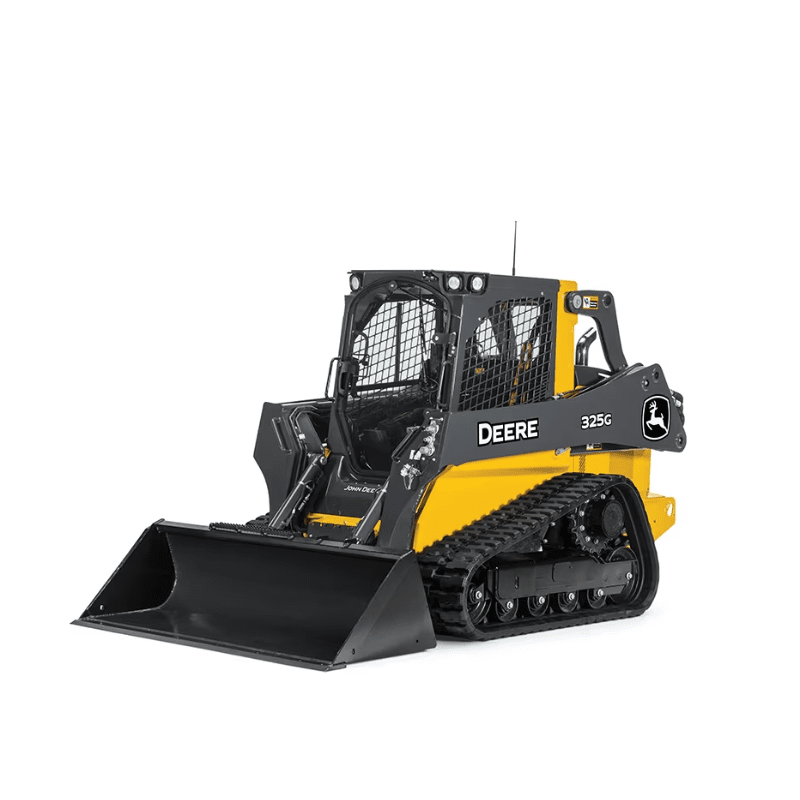Scissor Lift Rental: Safe and Reliable Raising Solutions
Scissor Lift Rental: Safe and Reliable Raising Solutions
Blog Article
Optimize Your Spending Plan by Understanding the Expenses Related To Building Devices Services
Comprehending the full extent of expenses related to building tools services is essential for optimizing your budget. While the first rental charge might seem simple, various additional expenditures-- such as transportation, gas surcharges, and maintenance-- can promptly accumulate, influencing your monetary preparation. Moreover, recognizing various fees and the details of rental agreements can help stay clear of unanticipated economic worries. What methods can be utilized to properly manage these costs and make certain a much more effective rental experience?
Review of Rental Prices
When considering building devices services, understanding the associated prices is vital for effective budgeting and task preparation. Rental costs can differ significantly based upon numerous aspects, including tools type, duration of rental, and place. The preliminary rental charge usually shows the equipment's market need and its associated functional capabilities, affecting the general expenditure.
Along with the base rental rate, secondary costs may emerge, such as transport costs, fuel additional charges, and maintenance fees. It is important to make up these added expenses to accurately evaluate the overall expense of renting devices. Moreover, the rental period can impact prices; longer rentals may get discounted rates, while short-term services may sustain greater daily costs.

Break Down of Rental Prices
A comprehensive understanding of rental prices is necessary for professionals and project supervisors intending to enhance their budget plans. Rental rates for building devices usually are composed of a number of components, consisting of base prices, time-based costs, and use charges.
Base prices are the core charges related to the leasing of the tools, often established by the kind and dimension of the equipment. These prices can differ significantly, affected by factors such as equipment demand, schedule, and local market trends. Time-based costs, which might be daily, weekly, or monthly, serve to suit different job timelines and rental durations.
Additionally, rental rates might consist of use fees, which are relevant when equipment is used past a defined threshold, ensuring that the rental firm can represent wear and tear. Seasonal need variations can likewise impact rental rates, with peak building and construction periods usually commanding greater costs.
In addition, recognizing the rental business's plans pertaining to maintenance and insurance policy can supply more insight right into the overall cost framework. By analyzing these components, specialists can make educated choices, making certain the choice of rental tools straightens with both project needs and spending plan constraints.
Extra Charges to Take Into Consideration
Understanding the details of additional costs is essential for contractors to handle their overall service expenditures effectively. Beyond the typical rental rates, numerous extra charges can substantially impact the complete price of tools service. These fees commonly include distribution and pickup costs, which can differ based upon distance and logistics entailed in moving the devices to and from the work site.
Furthermore, some rental firms may enforce fuel surcharges if the equipment is returned with less fuel than when leased. It is likewise vital to know possible cleansing charges, specifically for specialized tools that requires detailed maintenance after usage.

Extensively examining the rental arrangement and making clear these added charges in advance can aid contractors guarantee and stay clear of unanticipated costs that budget plans remain intact throughout the job lifecycle.
Upkeep and Repair Work Expenditures
Regular repair and maintenance expenditures are commonly neglected elements that can dramatically influence the total cost of construction tools services. When renting tools, it is vital to think about not only the rental charges however likewise the prospective costs connected with keeping the machinery in optimal operating condition.
Many rental companies include basic upkeep as component of the rental agreement; nevertheless, extra unanticipated malfunctions or extensive repair services can bring about added expenditures. It's vital to review the rental contract carefully to comprehend what upkeep solutions are covered and what obligations fall on the tenant.
Additionally, tools that is not well-kept can lead to ineffectiveness on the job site, potentially creating delays and increasing job expenses. To reduce these threats, it is recommended to perform normal examinations and preserve open communication with the rental copyright pertaining to any type of problems that emerge during usage.
Insurance and Obligation Prices
Insurance coverage and liability costs are critical parts that can dramatically impact the total cost of building devices services (heavy equipment rental). These costs make certain that both the rental company and the client are Website shielded from prospective economic losses emerging from crashes, damage, or theft throughout the rental period

Additionally, clients need to know any type of deductibles or exemptions in the insurance coverage, as these can impact potential out-of-pocket expenditures. Comprehending the conditions of any kind of insurance protection is vital to prevent unanticipated expenses. Eventually, budgeting for insurance policy and obligation expenditures can aid guarantee a smoother rental experience and shield against economic risks related to building jobs.
Verdict
In verdict, a detailed understanding of the prices connected with building tools leasings is vital for efficient budget plan management. Inevitably, notified decision-making relating to tools rentals adds to the overall success of construction undertakings.
Rental costs can differ considerably based on a number of factors, consisting of devices kind, duration of service, and location (forklift rental). The rental period can impact prices; longer services may certify for reduced rates, while short-term leasings could incur greater daily charges
By conducting visit our website complete study and engaging with trusted rental companies, service providers can properly browse the complexities of rental prices, inevitably maximizing their financial resources.
Past the standard rental prices, numerous auxiliary fees can considerably influence the complete price of tools leasing. Rental firms usually supply obligation insurance that covers injuries to third events or damage to residential or commercial property, while devices damages insurance coverage can cover the price of fixings or replacement if the leased equipment is harmed.
Report this page